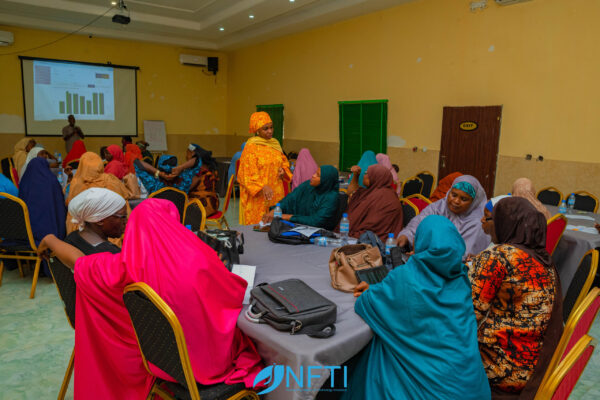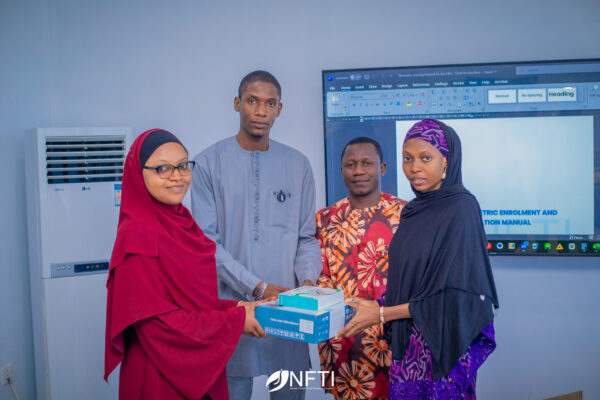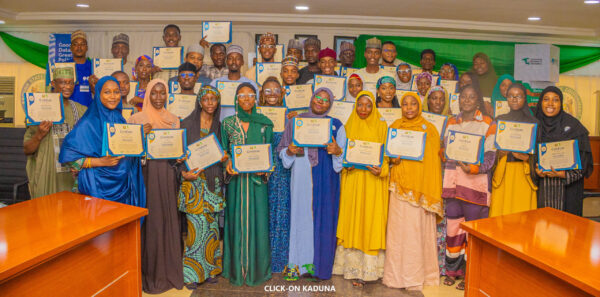“NFTI is inspired by the potential to use technology to contribute to the science of policy tracking, monitoring & evaluation and insight discovery using data science as a tool for social good”
Natview Foundation for Technology Innovation (NFTI) aims to provide innovators across the public sector and development space with platforms for experimenting with data and the power of technology to confront real-world challenges and policy issues by providing exciting ways to generate insightful analysis of data for decision making.
NFTI hopes to create knowledge based ecosystem using Data Science, Artificial Intelligence & Machine Learning to solve social policy issues in Health, Education & Agricullture; creating and empowering a new generation of digital skillful youth who can take advantage of the digital economy of the 21st century.
Our Impact Story Today : The Kurna/Warawa Living Lab
Dakata and Kurna yan daci village are communities under Warawa local government council in Kano State with an estimated, combined population of 7000 inhabitants. With the increasing effects of climate change being felt, the communities have adopted coping strategies to deal with the effect of draught to secure their daily need for water and sanitation. However, with no existence of pipe-borne water, borehole or any systematic form of purified/clean water, it’s evident that they are struggling to meet their daily needs for clean water and sanitation with clear impact on health care and education and migration.
The Warawa Living Lab Project seeks to develop innovative strategies to address the issue of water scarcity in some of our most vulnerable communities while using data generated from such intervention to understudy the impact of the provision of water to everyday social issues and behavioural patterns driving decision in communities with lack of access to this necessary commodity.
News
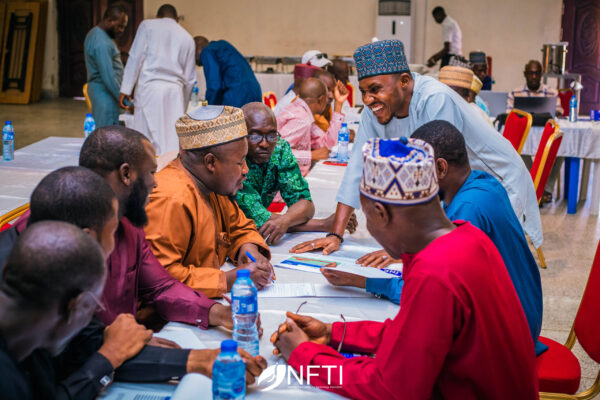
NFTI Hosts Peer Learning Review and Briefing Session in Makarfi LGA After Nine Rounds of Longitudinal Study Visits
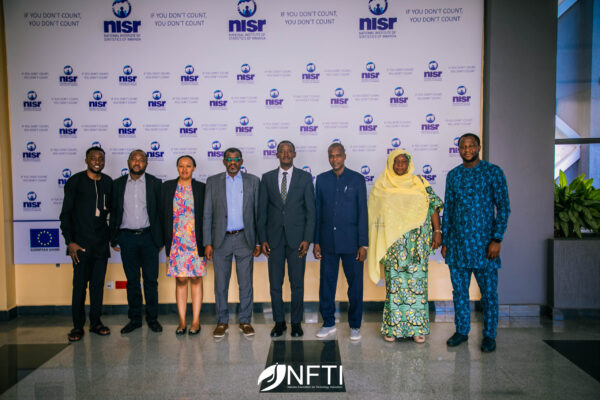
Kaduna State Explores Rwanda’s Data Leadership Model in Strategic Study Visit
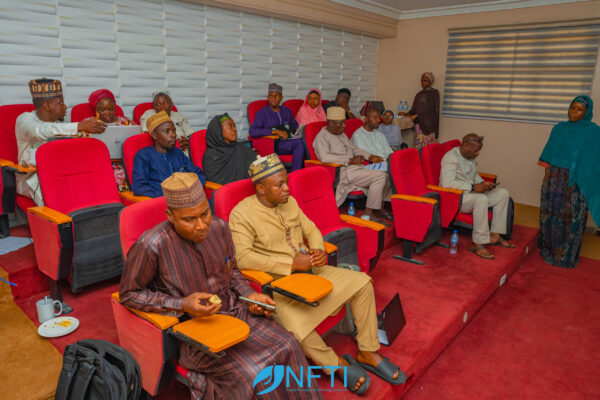
Kaduna State Advances Health Facility Governance Through Stakeholder Engagement on Reclassification and Directory Update
